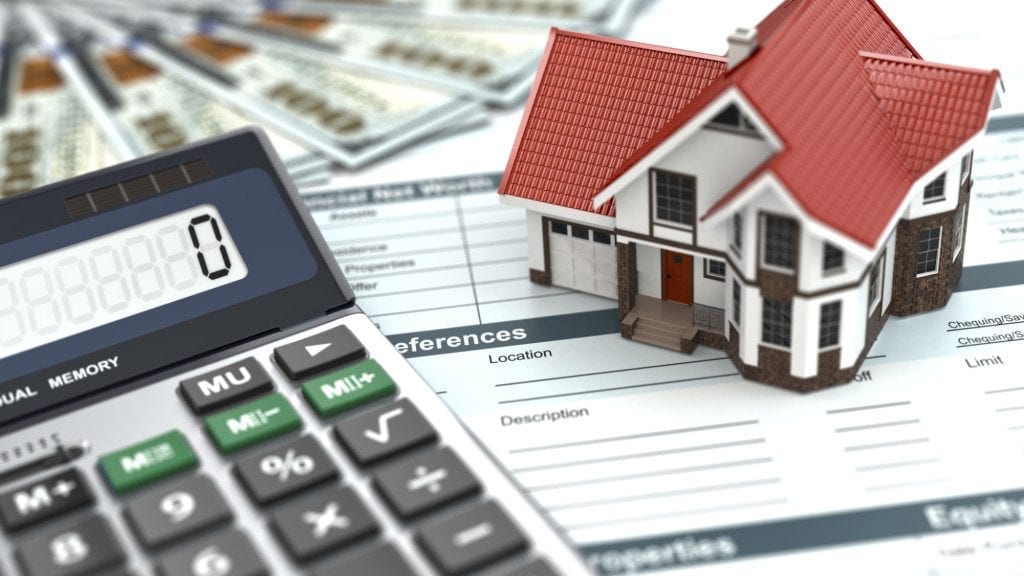- browse by category
- Audit Assistance
- Business and Taxes
- Celebrities in Tax Debt
- Cryptocurrency Taxes
- Economic News
- Foreign Banking
- Innocent Spouse
- IRS debt settlement
- IRS Headlines
- IRS Wage Garnishment
- Marriage & Divorce
- Payroll Tax
- Retirement
- Revenue Officers
- State Tax Headlines
- Stop IRS Debt
- Success Stories
- Tax and Politics
- Tax Attorney
- Tax Codes
- Tax Debt Help
- Tax Evasion
- Tax Levy
- Tax Lien
- Tax Payment Plans
- Tax Return Filing
- Tax Tips

A home is typically the pinnacle of one’s success. After reaching the American Dream and making it in a competitive marketplace, the bulk of one’s life savings are made into a home’s down payment and mortgage payments. So when the IRS hits your house with a tax lien for not paying back tax debt, it can be a frightening experience. Do you think you can handle an IRS lien?
Handle An IRS Lien Like a Pro
The stakes are high. Everything you’ve worked for can go to the feds. Your home could soon become another piece of property for Uncle Sam to auction to the highest bidder. All due to back tax debt that went unpaid to the IRS.
A tax lien against your house is one tool the IRS uses to collect back tax debt. They’re not always used. Instead, the IRS saves them for the special cases where they don’t think you’ll be able to pay it all. Well, within the 10-year statute of limitations.
If your back tax debt is small potatoes, an IRS tax lien on your home isn’t likely. If the back tax debt creeps above $5,000, however, the lien is more likely, making it difficult to sell your home, obtain refinancing, and negatively impacting your credit score.
Take Prompt Action to Clear Up Back Tax Debt
Sometimes, taxpayers can read the tealeaves. They have a good idea if an IRS tax lien on their home is approaching. That’s typically the case with substantial back tax debt. If you’re anticipating an IRS tax lien on your home, selling it before the lien is implemented is the best course of action.
But if you can’t sell it in time, paying the back tax debt is the next best option.
Handle an IRS Lien through Installment Plans
It may not be possible in one lump sum payment (which would release the IRS lien). But if you can set up an IRS installment plan, you should.
An installment plan is more likely if the back tax debt is lower than $50,000. After setting it up and making three payments, you’ll have to fill out and file a form to have the lien withdrawn. That could take a few months, so it’s best to tackle the back tax debt head on and start making payments right away.
Some houses hit with an IRS tax lien have enough in equity to pay off mortgages and the debtor’s unpaid tax obligation. For these instances, selling the house to pay the back tax debt is an option, but you’ll need to give the IRS paperwork about the sale.
Take Action Today
Not taking any action to deal with an IRS lien on your house can lead to bigger problems. If the lien isn’t released, and even if the full back tax debt gets paid, it can damage your credit rating for seven years. That’s why taking prompt action to deal with the lien and all your back tax debt is important.
Have you ever dealt with a lien on your home? Comment below or tweet us @StopIRSDebt!
Leave Comments

Top Tax
secrets revealed
Sign up for our newsletter and be the first to find out when exciting IRS news happens. Yes, exciting. We're really into taxes.


